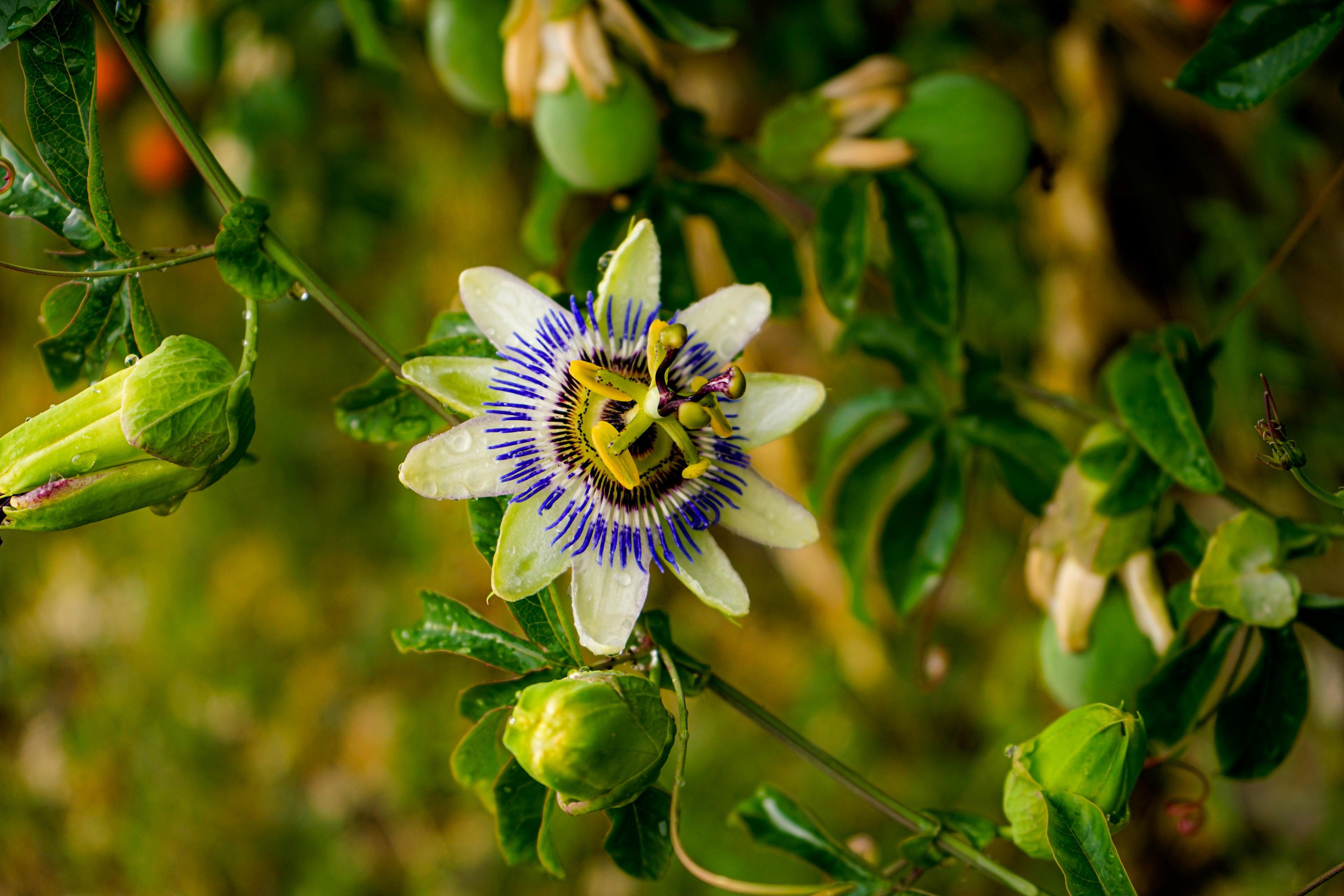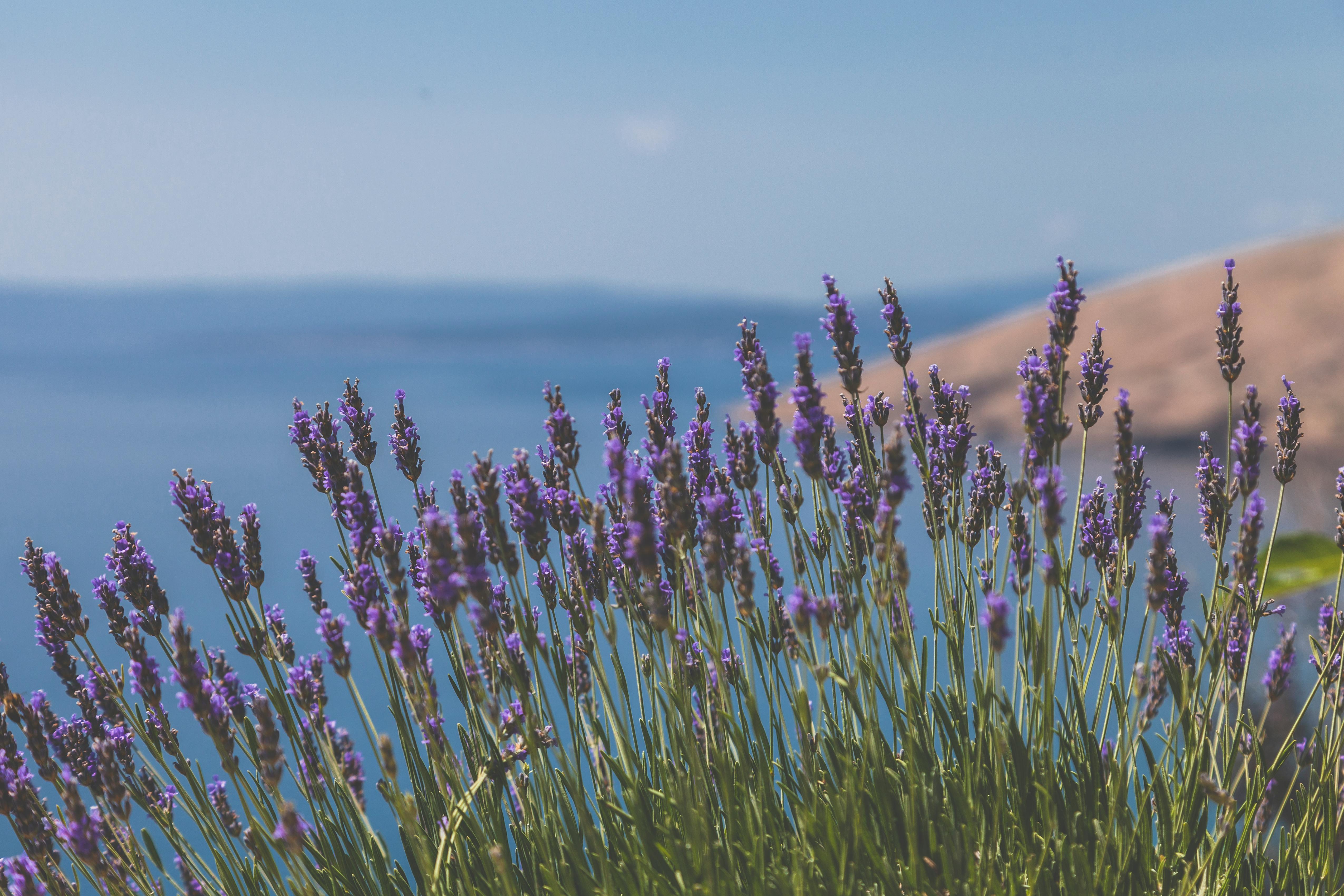What are herbal bitters?
The five basic tastes—umami, salty, sweet, sour, and bitter—each carry unique medicinal qualities for the body. In Ayurvedic medicine, a sixth taste is recognized: pungent. According to Ayurveda, a balanced meal should include all six tastes to maintain overall harmony in the body. Yet, in Western diets, we typically focus on just two: salty and sweet.
Historically, when wild greens were a staple in our ancestors' diets, all these tastes were naturally incorporated, including the often-neglected bitter flavor. However, with the rise of agriculture and processed foods, our exposure to the full spectrum of tastes has drastically diminished. Among these, bitter is perhaps the least desired. It's believed that our aversion to bitter evolved as a protective mechanism, warning us of potentially toxic substances. Alkaloids, for example, are bitter compounds found in both toxic and non-toxic plants.
Interestingly, while we once steered away from bitterness, today, many recognize its critical role as medicine for the gastrointestinal system. Bitter receptors, known as type 2 taste receptors (TAS2Rs), are scattered across the tongue. When they detect a bitter taste, they send signals to the brain, which then activates the digestive system. This triggers the release of gastric juices like hydrochloric acid and stimulates bile production in the liver, offering a range of benefits that we’ll explore below.
Benefits of Herbal Bitters
Thanks to their stimulating action on the entire digestive system, bitters can address a range of digestive complaints, including bloating, flatulence, constipation, and general gastric discomfort. More specifically, they can support conditions like IBS, malabsorption, IBD, and dyspepsia. But the benefits of bitters extend well beyond digestion. Their draining effect can be helpful for fluid retention issues, such as swollen joints. Interestingly, bitter receptors aren’t just limited to the digestive tract—they’re also found in the lungs, nervous system, heart, brain, and other tissues. This means that when we consume bitters, we're influencing multiple systems in the body.
Many bitters also have vasodilating properties, which can help ease tension and lower blood pressure. Given their intense taste, bitters are typically sold as tinctures rather than as teas—most people would rather avoid drinking something extremely bitter! Taken before a meal, bitters help kick-start digestion; taken after a meal, especially a heavy one, they can offer relief from bloating and discomfort. They can also serve as a rescue remedy when digestive issues flare up.
While drinking a strong bitter tea isn’t everyone’s favorite, you can combine bitter herbs with carminatives—aromatic herbs that support digestion and have a more pleasant taste. You’re likely familiar with carminatives like ginger and fennel. I enjoy sipping tea that blends bitters and carminatives with meals; the warm liquid also helps break down food! If you're curious, try our digestive tea which combines the best of both worlds.
Each bitter herb brings its own unique influence on the digestive system, which we’ll dive into below.
Classic Bitter Herbs
All of these herbs are going to be cooling and drying which is very common for bitters.
Dandelion Root & Leaf, Taraxacum officinale
The leaves and roots of dandelion are bitter and readily available for most making it a great bitter go-to. The leaf is going to be more diuretic while the root is going to work more on the liver. Focusing on the root, dandelion is great for skin issues that are due to liver imbalances. As a bitter tonic dandelion helps stimulate a sluggish liver. Dandelion is great for constipation, impaired nutrient absorption, acid reflux, and as an overall liver tonic. The root also contains inulin which is a prebiotic that feeds the good gut bacteria.

Dandelion
Artichoke, Cynara scolymus
Artichoke leaf is a very strong bitter that aids common digestive complaints such as bloating, gas, and digestive discomfort. It is also specific for when there is nausea and biliousness. It has been used for IBS, dysbiosis, and Crohn’s disease. Artichoke leaf is also great for poor fat metabolism.
Burdock, Articum lappa
Though more mildly bitter than the previous herbs mentioned burdock is great when there is a lack of appetite and to improve the absorption of fats. As a classic alterative burdock works on the lymphatic system, kidneys, and liver. Burdock helps remove toxins by stimulating the lymphatic system and through the digestive system as a soluble fiber. Like dandelion, burdock also contains inulin which helps feed the good gut bacteria. Due to this detoxifying action, burdock is also used in chronic skin conditions especially when they are dry and scaly. Burdock has also been used for insulin resistance.
Gentian, Gentiana lutea
Gentian might be one of the strongest bitters we have! It is a stimulating bitter great for sluggish digestion especially when coupled with depression. The gut and our neurotransmitters are closely linked as most of our serotonin is produced in the gut, so it is not uncommon to see digestive issues and depression together. Gentian is great for all atonic conditions where there is a lack of tone like diarrhea. Gentian can be used for lack of appetite, poor nutrient absorption, slow digestion, and as a general digestive aid.
Contraindications
As I mentioned, most bitters are going to be cooling and drying which means if someone is already cold and dry they could be contraindicated for long-term use. You can balance this by adding carminatives and moistening herbs like marshmallow which is exactly what we did in our digestive tea blend.













Leave a comment